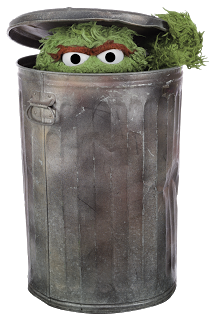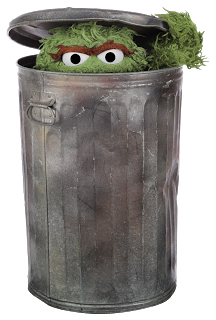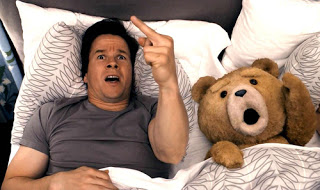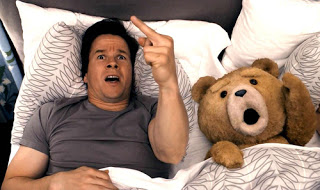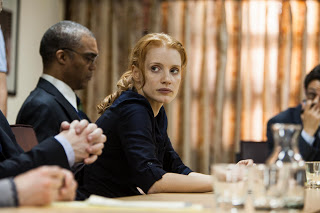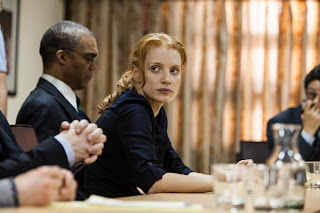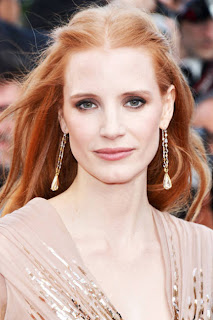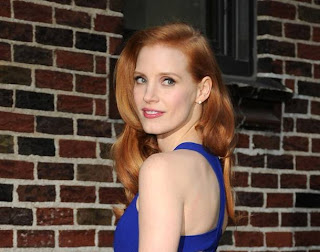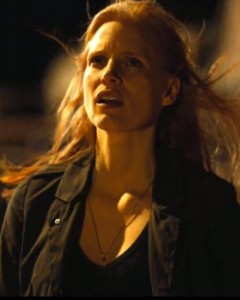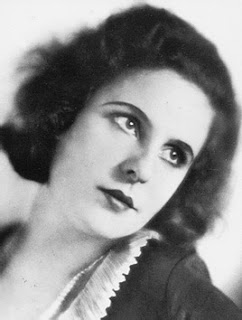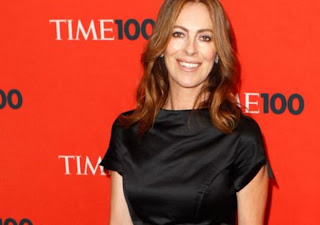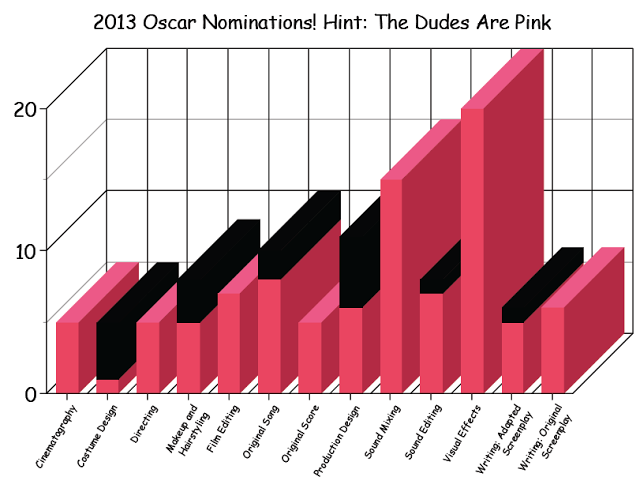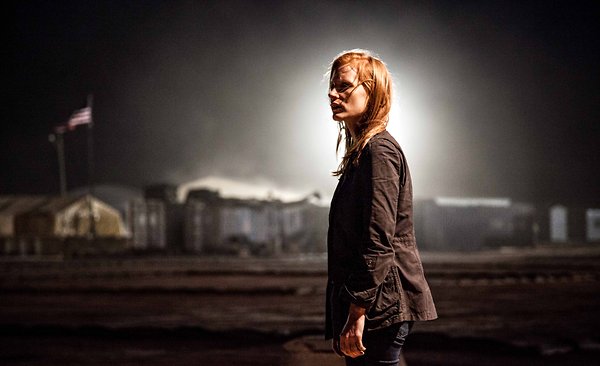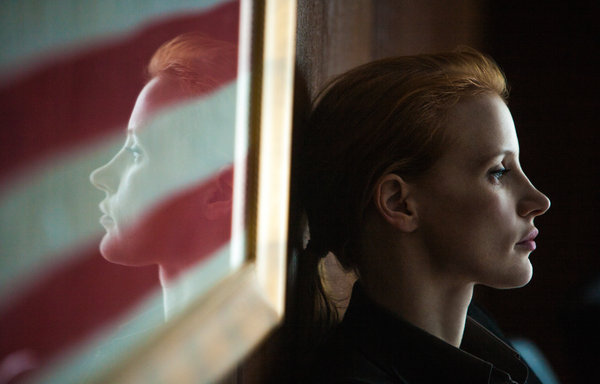Written by Lady T
I want to talk a little about the Oscar nominees this year. (“But, Lady T, you talk too much about the Oscars.” “Oh yeah? Your MOM talks too much about the Oscars!”)
 |
| Seriously, she can’t shut up about him. |
Mostly, I want to talk about the Oscars in terms of diversity. We all know that the Academy Awards are usually all about white dudes recognizing other white dudes (and women, in the acting categories). How did the Academy fare this year in terms of recognizing women in non-acting roles, and people of color in general? Let’s take a look.
Number of Men Nominated for Best Director: 5/5
Commentary: Kathryn Bigelow was infamously snubbed for a directing nomination for her work on Zero Dark Thirty. Was this a deliberate act of sexism on the part of the Academy? I would say yes, except for the fact that Ben Affleck was also overlooked for his work on Argo, and they were both considered frontrunners in this category. (Bigelow won almost all the precursor awards prior to the announcement of the Oscar nominations, and Affleck has won all the precursor awards after the announcement.) I think Bigelow and Affleck were overlooked simply because everyone underestimated the appeal of Amour and Beasts of the Southern Wild, the two little movies that could. The backlash against Bigelow in the press, however, certainly reeks of sexism.
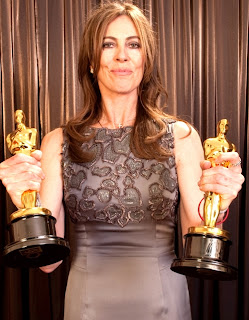 |
| Whatevs, she already has two. |
Number of People of Color Nominated for Best Director: 1/5
Commentary: Ang Lee is nominated for his work on Life of Pi. This is good news, because Ang Lee is an excellent director and deserves every nomination that comes his way.
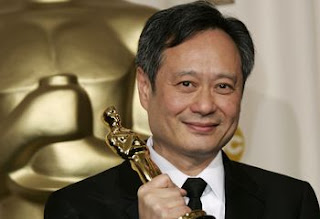 |
| The “A” in “Ang” stands for “Awesome.” |
Number of Best Picture-Nominated Films With a Person of Color as a Protagonist: 4/9
Number of Best Picture-Nominated Films With a Person of Color as a Protagonist, Played by a POC Actor: 3/9
Commentary: Beasts of the Southern Wild, Django Unchained, and Life of Pi have all been nominated for Best Picture, and their films all have POC actors/protagonists (Quvenzhane Wallis, Jamie Foxx, and Suraj Sharma, respectively). Argo technically has a POC protagonist, but the role played by a white actor (Ben Affleck). I don’t know whether Affleck cast himself out of vanity, an understandable desire to perform and direct at the same time, fear that the racist film industry wouldn’t stand behind and promote a film without a famous white actor in the lead role, or all of the above.
 |
| Jamie Foxx as Django in my favorite movie of the year |
Number of Best Picture Winners With a Person of Color as a Protagonist, Played By a POC Actor: 5.5/84
Commentary: In the history of the Academy Awards, 5.5 films with POC as protagonists have won the Best Picture award – In The Heat of the Night, Gandhi, Driving Miss Daisy, The Last Emperor, Slumdog Millionaire, and Crash. (I said 5.5 because Crash is an ensemble film without a clear protagonist, and also because it’s not well-written and barely counts a movie.) It’s also worth noting that two of those films – In the Heat of the Night and Driving Miss Daisy – have white co-protagonists who share an equal load with their POC co-leads.
So, this year’s crop of Best Picture nominees have almost as many POC leads as all Best Picture WINNERS in history. Does that make this year awesome or previous years really, really white? Make of that what you will.
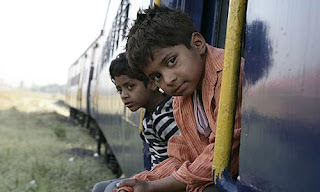 |
| The unbelievably cute kids in Slumdog Millionaire |
Number of Best Actor Nominees From Best Picture Nominees: 3/5
Number of Best Actress Nominees From Best Picture Nominees: 4/5
Commentary: Last year, exactly one Best Picture nominee out of nine (The Help) had a female protagonist, and only one Best Actress nominee was from a Best Picture nominee. (Three of the Best Actor nominees were from Best Picture nominees.) This year, the number of Best Actress nominees from Best Picture nominees actually outnumber the number of Best Actor nominees from Best Picture nominees.
Now, it’s worth mentioning that two of these Best Actress nominees – Jennifer Lawrence in Silver Linings Playbook and Emmanuelle Riva in Amour – are co-protagonists to their male leads, played by Bradley Cooper and Jean-Louis Trintignant. But Quvenzhane Wallis in Beasts of the Southern Wild and Jessica Chastain in Zero Dark Thirty are unquestionably the leads in their films.
 |
| Quvenzhane Wallis in my other favorite movie of the year |
Is the Academy finally starting to recognize that movies starring women, about women, are worthwhile films, films that tell universal stories about the human condition, films that are not just “women’s films?” Let’s hope so.
Did you notice anything about the diversity, and lack thereof, in the Academy Award nominations? Have at it at the comments!
Lady T is an aspiring writer and comedian with two novels, a play, and a collection of comedy sketches in progress. She hopes to one day be published and finish one of her projects (not in that order). You can find more of her writing at The Funny Feminist, where she picks apart entertainment and reviews movies she hasn’t seen.
